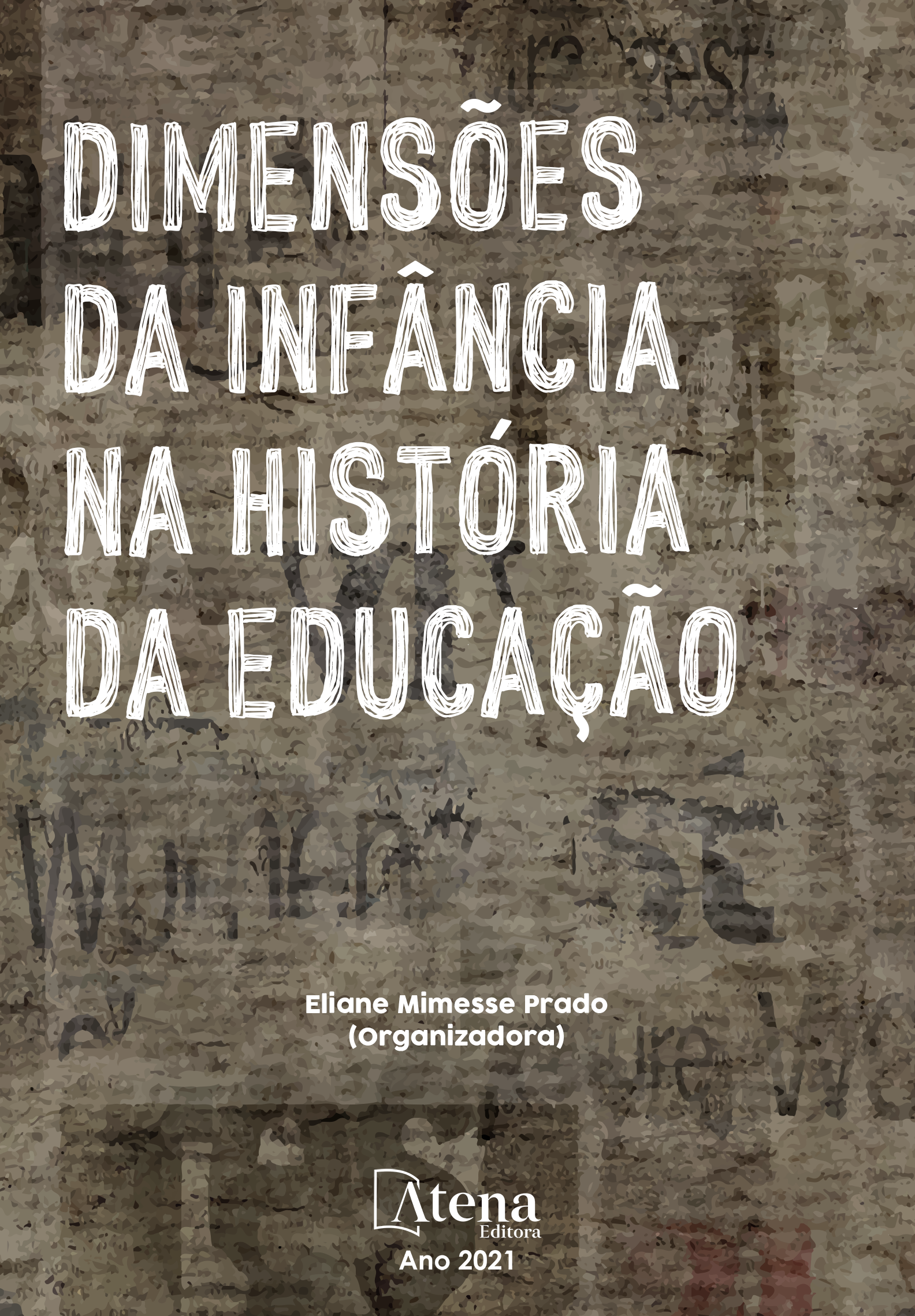
LÍNGUA DE HERANÇA E INFÂNCIA: MEMÓRIAS E PRÁTICAS DE ORALIDADES NAS COMUNIDADES DE IMIGRANTES VÊNETOS NO PARANÁ NO SÉCULO XX
O presente texto tem como objetivo analisar as práticas de oralidade das crianças nas colônias de imigrantes vênetos no Paraná. Busca investigar como a infância lidou com as aprendizagens, as proibições e os castigos por serem bilíngues. Lançando mão das memórias de adultos nascidos entre as décadas de 1930 e 1950, a metodologia da história oral permitiu inventariar as representações, as práticas e os saberes aprendidos naquele contexto. O acervo de memória está sobre a guarda do CEVEP (Centro de Estudos Vênetos no Paraná). A investigação está fundamenta na História Cultural. Ancorada na análise da cultura enquanto prática, e permite pensar na manutenção das línguas de diáspora, sendo a língua vêneta uma língua de herança ensinada às crianças. A língua materna nas comunidades de imigrantes italianos no Paraná foi a língua vêneta, pois a maioria dos colonos emigrados eram provenientes das províncias que compunham a região do Vêneto, na Itália. Nas famílias emigradas boa parte do processo de educação da infância foi desempenhada pelos nonni/nuni. Os saberes transmitidos em língua veneta compunham o processo educativo geracional. Por outro lado, na escola a língua materna não era reconhecida, exigindo das crianças a aprendizagem da língua portuguesa. As proibições, restrições e castigos experimentados pelas crianças por falarem a língua vêneta, revelam a singularidade da história da infância nas regiões de colonização estrangeira no Estado.
LÍNGUA DE HERANÇA E INFÂNCIA: MEMÓRIAS E PRÁTICAS DE ORALIDADES NAS COMUNIDADES DE IMIGRANTES VÊNETOS NO PARANÁ NO SÉCULO XX
-
DOI: 10.22533/at.ed.7392115064
-
Palavras-chave: História da Infância; Imigração Vêneta; Paraná
-
Keywords: Childhood History; Venetian immigration; Paraná
-
Abstract:
The objective of the text is analyze the oral practices of children in colonies of Venetian immigrants in Paraná. It looks for investigate how childhood dealt with learning, prohibitions and punishments for being bilingual. Making use of the memories of adults born between the 1930s and 1950s, the methodology of oral history made it possible to inventory the representations, practices and knowledge learned in that context. The memory collection is under the custody of CEVEP (Center for Veneto Studies in Paraná). The investigation is based on Cultural History. Anchored in the analysis of culture as a practice, it allows thinking about the maintenance of diaspora languages, with the Venetian language being a heritage language taught to children. The mother tongue in the Italian immigrant communities in Paraná was the Venetian language, since most of the emigrated colonists came from the provinces that made up the Veneto region, in Italy. In migrant families, a large part of the childhood education process was developed out by grandparents. The knowledge transmitted in the Venetian language was build in the generational educational process. On the other hand, at school the mother tongue was not recognized, requiring children to learn the Portuguese language. The prohibitions, restrictions and punishments experienced by children for speaking the Venetian language, reveal the uniqueness of childhood history in the regions of foreign colonization in the State.
-
Número de páginas: 17
- Elaine Cátia Falcade Maschio


